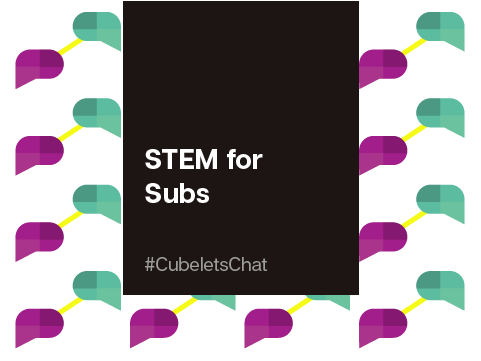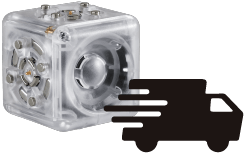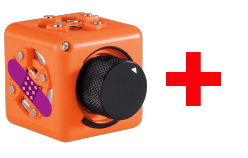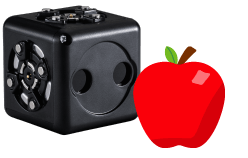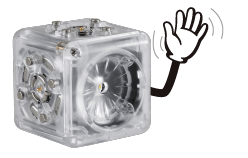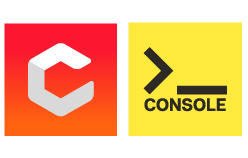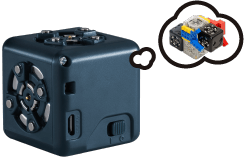We all miss a couple days of school, whether it’s for professional development, sick days, or personal time, and that means we need to be prepared for a substitute to take over for a day. It’s a tough balance between keeping it light, yet academic. We can’t leave lessons that are too complex, otherwise we’ll need to reteach them when we return to the classroom anyway.
Some years, our students can comfortably run the class themselves, continuing their unit of study following the structures we’ve practiced so well together, but other years, our substitutes need to do a lot of heavy lifting!
That’s where the Cubelets lesson plans come in. If you’re saving Cubelets for a rainy day (or a sick day), keep a copy of the Meet Your Cubelets lesson plans in your sub binder. If you really love your sub, print out these #CubeletsChat blog posts about student protocols and tactile coding too, to give them all the tools they need to succeed.
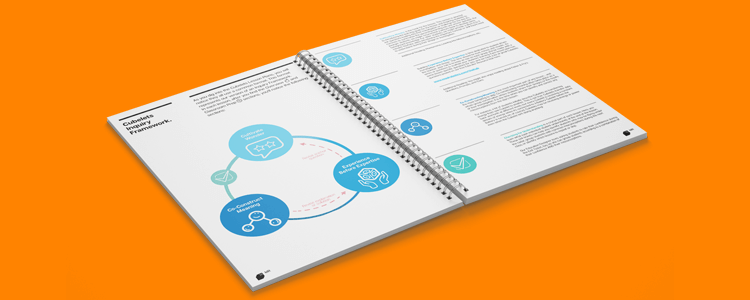
If you have a class you trust and it’s time for them to let loose a little, consider leaving the sub with a couple of your favorite Grab Bag Ideas. They give just enough information for a substitute to get students started, but not enough that you’ll need to do a massive re-teaching. If this is the route you choose to go, include a few copies of the Cubelets Catalog and some Activity Cards to supplement the Grab Bag ideas you choose.
Using technology on sub days requires a lot of good karma. When setting up your subs for success, leave the Bluetooth Cubelets out of it. Between WiFi, Bluetooth, and a classroom full of devices, substitutes (or your students!) may find too many obstacles to success.
Instead, focus on all of the computational thinking the Cubelets can support in their default mode. Steering robots, maze-solving robots, and autonomous lighthouses are all possible without any coding needed. Mimicking simple machines or giving students an opportunity to practice creating accurate models are also low-tech ways for students to use Cubelets.
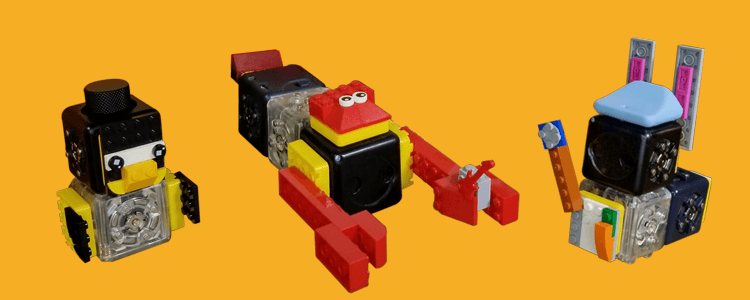
The fact is, Cubelets were designed to be intuitive for learners of all ages. So there’s actually an advantage to students investigating them without you leading them through the formal investigation. As their Warm-Up on your first day back, have students do a Quick Write describing their experiences learning this new tool and then challenge them to teach you!
